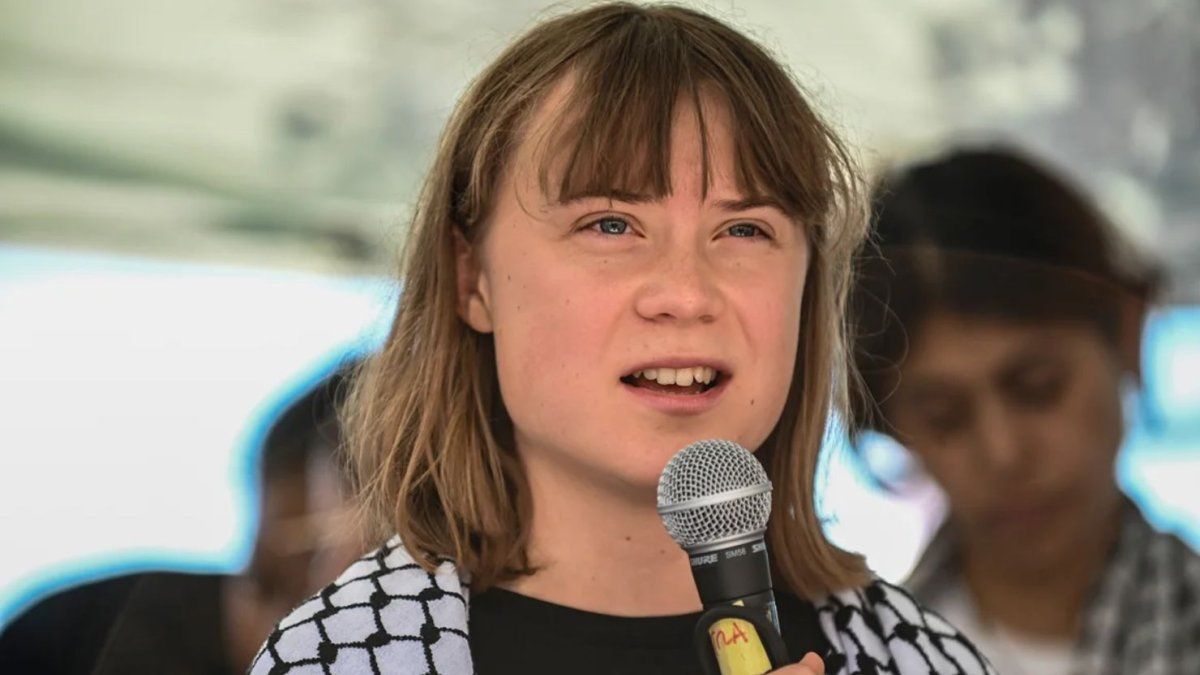Agustín Iturralde for him National Party (PN), Julius Brum for him Colorado Party (PC) and Martin Vallcorba for him Broad Front (FA) presented the main lines of action proposed by each of the political forces in the framework of the elections, during a debate organized by the Observatory of Economic and Political Situation Contextwith the participation of the faculties of Social Sciences and Economic Sciences.
The exchange, convened under the title “economic policy in the electoral debate”, made it possible to learn about the opinions of the main political forces in three segments: the current economic situation, the main challenges that the next government will face and the social security reform plebiscite driven by the PIT-CNT.
Employment, poverty and exchange rate delay
Iturralde, coordinator of the white candidate’s government program Alvaro Delgado, said that “the economy is the government’s strong point. “We have the best wage level in 49 years and the number of employment”, he stated.
The former president of Center for Development Studies (CED) put on the table the idea that it seems that “whoever wins is not going to change anything in economic policy, but I think there are differences,” he clarified, using as an example Delgado’s proposal for a gradual reduction of public employees while the Broad Front candidate Carolina Cosse proposes creating 30,000 more positions.
Vallcorba, economic advisor to the Frente Amplio and who was part of previous teams led by Danilo Astori and Mario Bergara, He stated that, although this government improved employment, the jobs created are of lower income and the conditions were not created for people to leave the poverty. “Although we have good jobs, we have more poor people and that is a fact,” said the economist, adding that there was also a “systematic” increase in the inequality.
Agustín Iturralde, Julio de Brum and Martín Vallcorba
Agustín Iturralde, Julio de Brum and Martín Vallcorba.
The representative of the Colorado Party, advisor to the pre-candidate Gabriel Gurmendez and former president of the Central Bank, Julio de Brum valued the importance of the debate on a topic that he considered key to the development of the country: the association of the State and private capital. “Our program has a strong liberal component,” he assured, although immediately afterwards he highlighted the responsibility that the State has as a “mechanism of communication with society.”
Regarding the fight against poverty, De Brum considered that “the greatest element of poverty reduction is economic growth and job creation.”
About him exchange delayIturralde recognized the existence of problems of competitivenessalthough he considered that “there is no better alternative than free floating dollar”.
Along these lines, Valccorba responded by placing the theme of inflation in the center: “We have been within the target range for a year, it is not a record either,” he stated and added that “we have meager economic growth.” “We have an exchange delay due to some decisions that were made, such as the granting of the port of Montevideo where a monopoly private without regulation, that generates competitiveness problems,” he stated.
Early childhood policies
Agustín Iturralde considered that the “political priority of a future white government will be to increase spending on early childhood.”
From the Colorado Party, De Brum introduced into the analysis the transversality of policies. “Child poverty should not be focused on children, it is a combination of policies on children with policies on poverty,” she said. Along these lines, he mentioned Gurméndez’s proposal, which is the reduction of expenses on social items in exchange for measurable results, seeking greater effectiveness. “Whether it is more or less will depend on the management capacity of public institutions,” she explained.
Plebiscite for social security reform
This was another highlight of the debate, which merited a particular time “set aside.” “This plebiscite, the most important in recent history, destroys a good part of the coexistence we have in the country.” Uruguay“, began defining Iturralde. “He has confiscatory things, with economic ideas that had been defeated in Uruguay,” he added.
“Whoever does not speak loudly and clearly about this issue cannot speak about investment in social policies because it would prevent it,” said the white representative. “It is not only a fiscal issue, but one of reputation in the country,” he concluded.
De Brum was categorical in assuring that the approval of the plebiscite in the October elections “would restrict the possibility of resolving these issues that are essential for Uruguay in the next 10 years.”
Finally, Vallcorba, who is part of one of the FA sectors that did not participate in the collection of signatures and does not accompany the campaign of the PIT-CNT for the plebiscite, aligned himself with De Brum’s argument. “It does not respond to the problems left by the law,” questioned the FA economist, giving as an example what he considered to be an “increase in the retirement age by sweeping away” which leads many people to have expressed their agreement with the law. initiative of the union center.
Source: Ambito




